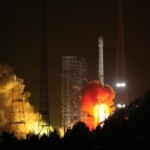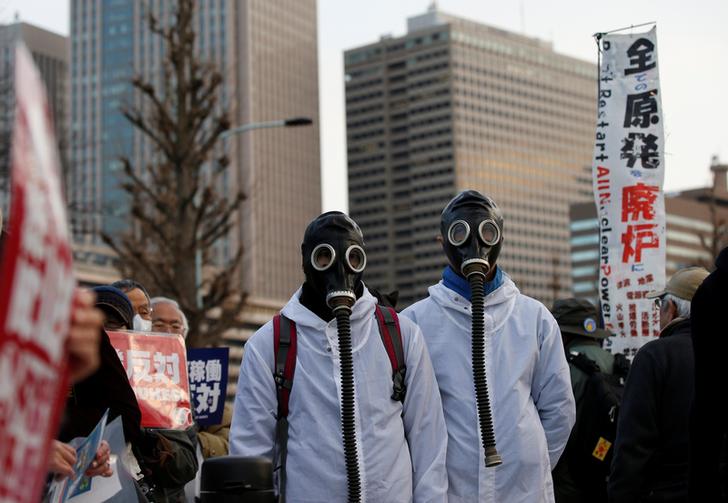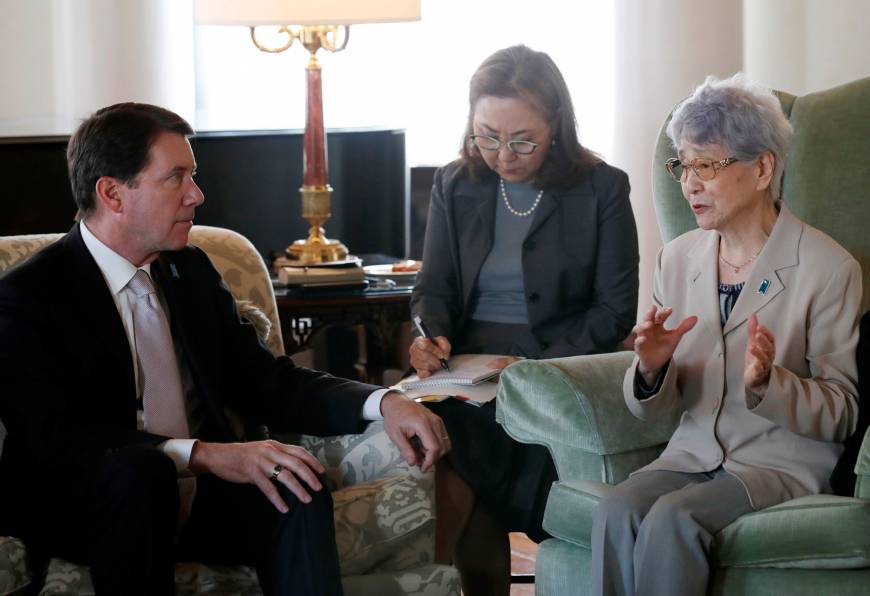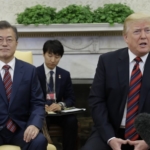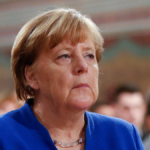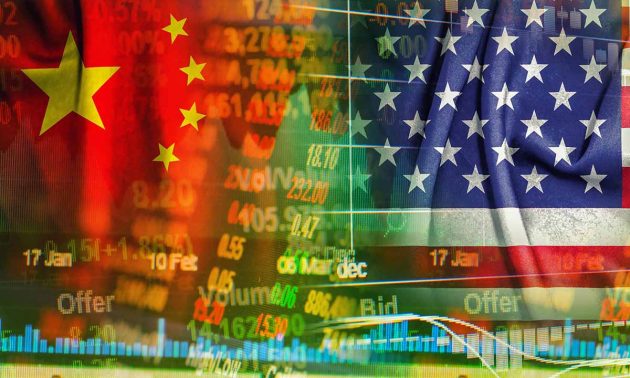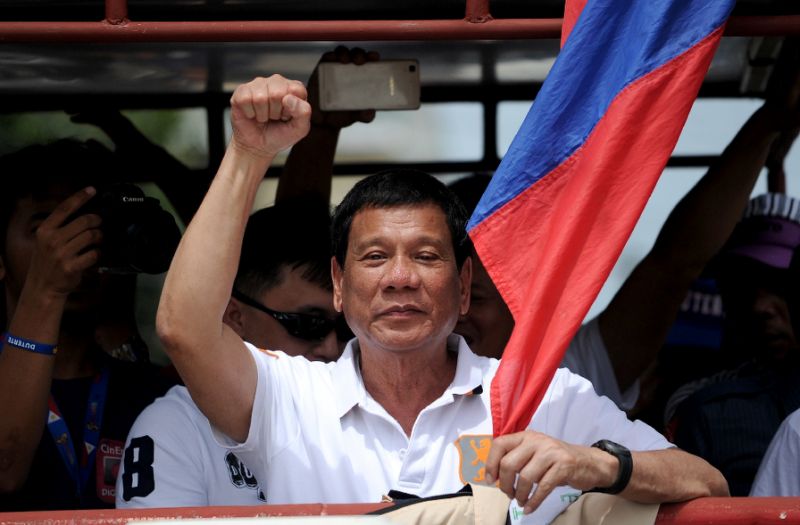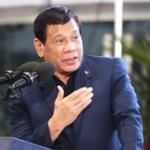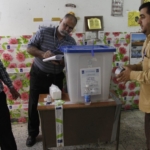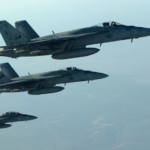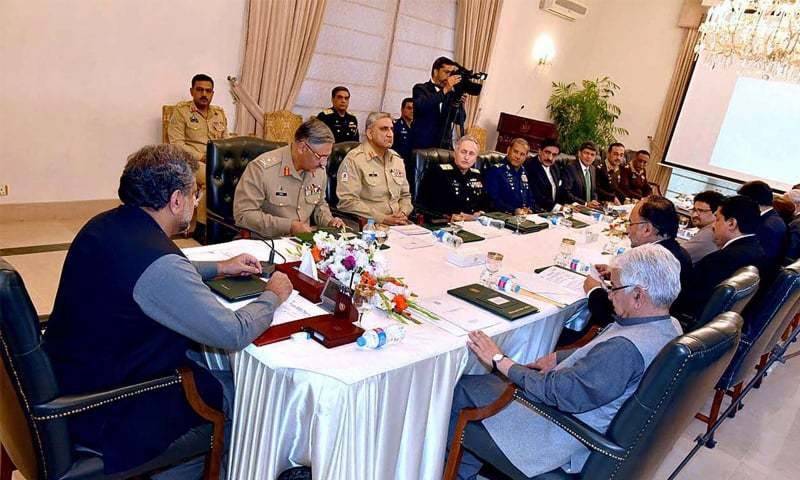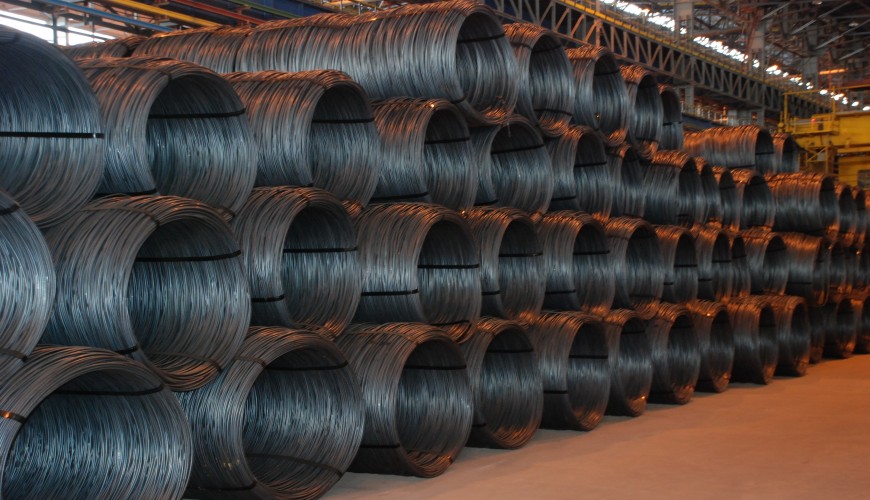China and Japan: agreement to expand cooperation

Japanese Prime Minister Shinzo Abe and Chinese State Councilor and Foreign Minister Wang Yi on Monday agreed that the two countries should work together to further improve bilateral ties and expand cooperation. China and Japan are important neighbors and bilateral relationship has gone through some twists and turns in recent years, which affected communication and cooperation of the two sides in various areas, said Wang. year, he said. The Chinese top diplomat, who arrived in Japan Sunday for a three-day visit, expressed the hope that with efforts from both sides, his visit could become an important step for bilateral relationship to return to normal track. Saying that the momentum of improvement in bilateral ties did not come by easily, he emphasized that it should be cherished. He also said that China attaches importance to the positive remarks made by Abe on the Belt and Road Initiative, and Japan will joining the Belt and Road construction.


